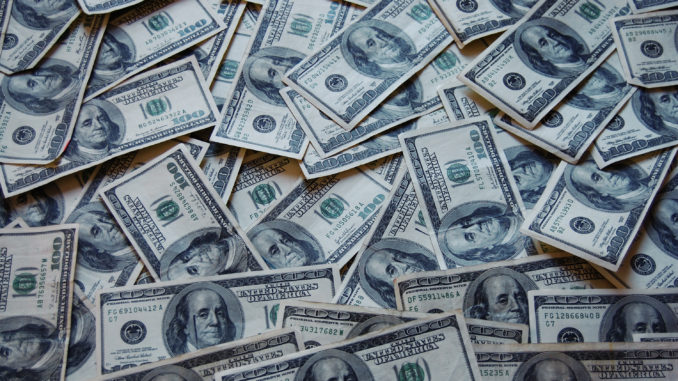
I’ve always been a strong advocate for the free market. Recent developments have challenged that position. After all, if I’m truly a believer in the free market, shouldn’t I support President Trump’s decision to have states bid against each other for medical supplies? Shouldn’t I back his decision to not force companies to manufacture supplies at cost using emergency powers? Shouldn’t I welcome foreign bidders into the market for those supplies?
In truth, I support none of those things, and I don’t believe I have wavered in my support of the free market. There are reasons, and while some might claim they’re complicated, I don’t believe they truly are.
First, let’s get one important thing out of the way: the marketplace, as it is currently configured, is hardly free. Trump has enacted severe tariffs on the most productive countries in the world, and his administration has not removed them in most cases even on key medical supplies. By artificially reducing the amount of product available at fair market value, Trump has ensured we do not have a free market. In such a circumstance, the root of the argument is demonstrably flawed and the overall argument invalidated at its start.
Still, let’s pretend for a moment that we did have a free market. Would I then support similar actions, particularly from a President I liked or even admired? The answer is still no.
Here’s the argument for it: if more money can be made from creating masks and respirators and drugs, more people will have an incentive to make them. That, in turn, will lead to an adequate supply of whatever is needed. This argument fails due to one key factor: time. While a wealthy state may decide it needs a stockpile of supplies in case terrible things begin there, a state which has an immediate need will temporarily be without. Were there no irretrievable losses involved, this would not be a critical concern. But lives are on the line in this case, and lives cannot be reclaimed. Allowing thousands to perish in the hope of future development is callous in the extreme.
Allowing states to bid for critical supplies is thus not a proper exercise of the free market in a unified body such as the United States. Just as the founders recognized that a combined force – an army – was needed for national defense, they understood that there were instances where the federal government was expected to oversee the states. This is where “promoting the general welfare” comes into play; not in providing a living stipend from the government, but rather to ensure that average people could gain some measure of support on matters that would affect us all, like affairs of state or epidemics. An outbreak of deadly disease is exactly the sort of thing that the federal government was expected to monitor and, if needed, coordinate recovery efforts.
Far from being encouraged to outbid each other for medical supplies, states should not be allowed to bid on them. This is a function of the government. Even if it were not, it would be a terrible idea because fear would warp the perceptions of those attempting to engage in the market, greatly heightening the risk of a small quantity of wealthy or privileged people cornering a market not from greed but out of simple, often misplaced, concern for themselves… as was demonstrated recently as dentists and doctors throughout the country wrote hydroxyquinine prescriptions for themselves or family members, depriving lupus patients and Covid-19 test patients from adequate access to the drug.
The same concerns are brought forth when the notion of bidding against foreign nations is considered. Ultimately, the first duty of the President, and all in his administration, should be to the aggregate people of the United States.
The position of national coordinator granted to the Administration is also why the President should be willing to use emergency powers. Those are provided specifically so the President has the ability to wisely guide the production and distribution of critical supplies.
None of this is a repudiation of the free market; to the contrary, it is a validation of it, but it forces the recognition of other variables beyond the basic transaction. Any person who wishes to be a citizen of the United States, or any company wishing to be based here, takes as part of their association a level of subordination to authority. Ideally, that authority will be wielded wisely and only in a limited fashion, but as detailed above those limits would absolutely be triggered during a deadly epidemic. This is a conscious choice by the individual or company based here, and I would prefer that people are allowed the opportunity to do business here or not depending on their desires. In such a way, the basic principles of the market are still at play: if a populace with a fundamental level of protection by the government is desirable, that system will flourish.
The free market still works. The reason it seems to be failing now is because we have a President who lacks basic comprehension of the value and function of either freedom or markets.

1 Trackback / Pingback
Comments are closed.